World No. 1 Iga Swiatek has once again voiced strong criticism of the professional tennis calendar, describing it as “crazy” and asserting that players compete “too much,” impacting their physical and mental well-being. Her comments highlight a growing concern among top athletes about the demanding nature of the sport’s schedule.
Swiatek’s recent remarks reiterate long-standing frustrations within the tennis community regarding the relentless pace of the season, which spans nearly 11 months and includes numerous mandatory tournaments across different surfaces and continents.
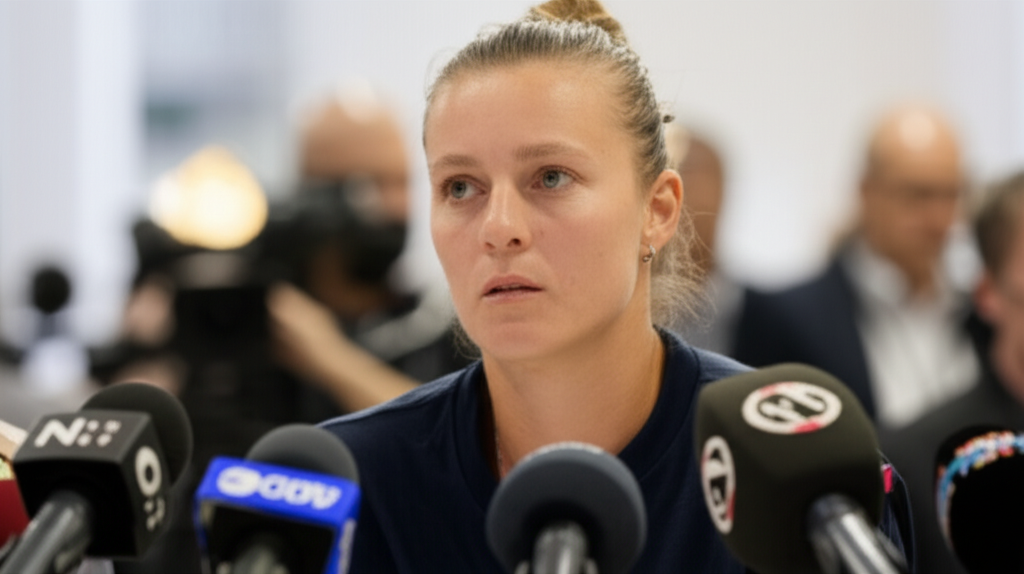
The Core of Swiatek’s Complaint: ‘Too Intense’ Schedule
The Polish five-time Grand Slam champion has been a consistent and outspoken critic of the “super intense” schedule. Speaking in various press conferences, Swiatek emphasized that playing “over 20 tournaments in a year” is unsustainable. She argued that such a demanding calendar makes tennis “less fun” for players and ultimately impacts the quality of play.
“There’s no point for us to play, like, over 20 tournaments in a year,” Swiatek stated. “Sometimes we need to sacrifice playing for your country because we need to keep up with playing these WTA 500s, for example, because we’re going to get a zero in the ranking.” This reveals a significant dilemma for players: choosing between national representation and maintaining crucial ranking points from mandatory events.
Impact on Player Performance and Longevity
Swiatek believes that a reduced calendar could lead to improved quality and consistency from players, potentially even drawing more viewers. The constant travel, switching between different surfaces, and adapting to various ball types at different tournaments add to the physical and mental toll. She suggested that the intensity is “getting more crazy every year, which is scary.”
The physical demands are immense, with top players often playing more than 70 matches in a year. This relentless schedule leaves little room for adequate rest, recovery, or proper pre-season training, increasing the risk of injuries and burnout.
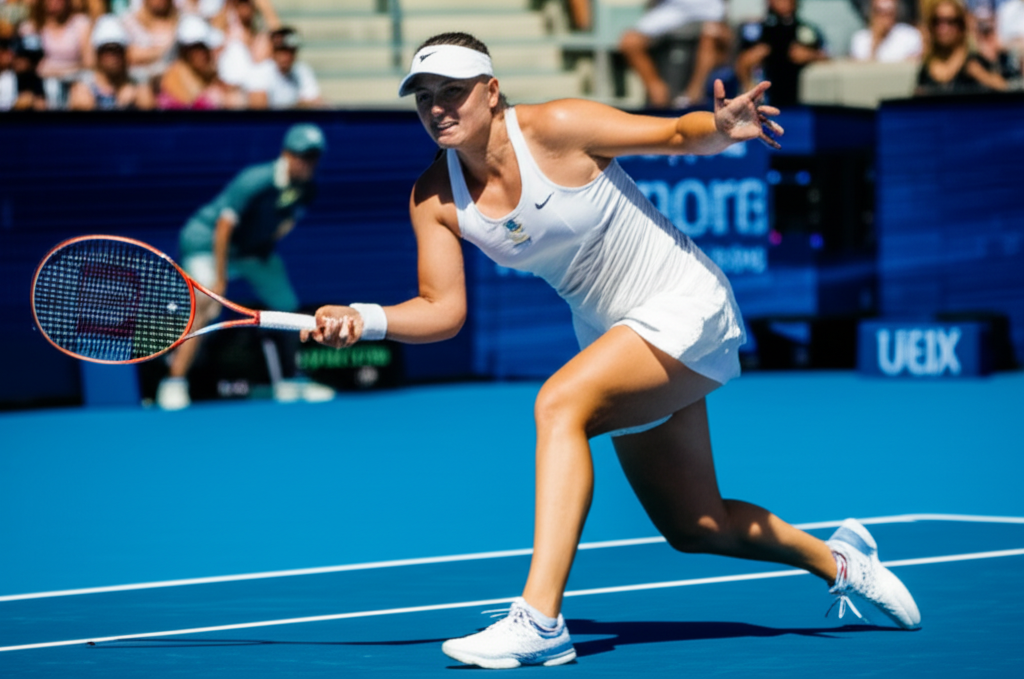
A Widespread Concern Among Tennis Professionals
Swiatek is not alone in her critique. Many prominent players on both the WTA and ATP tours have voiced similar concerns about the overcrowded calendar and its impact on their health and careers.
Voices from the Tour
- Coco Gauff, the 2023 US Open champion, has expressed a desire for a longer offseason, noting, “I do, obviously, wish that the offseason was longer, 100%.”
- Alexander Zverev explicitly stated that “We do have the longest season in sports. I mean, I have said it before. It’s unnecessarily long. We have unnecessarily, you know, we have an unnecessary amount of tournaments.”
- Carlos Alcaraz previously warned, “Probably they are going to kill us in some way,” in reference to the exhausting schedule.
- French player Ugo Humbert highlighted the minimal off-season, noting, “There is no other sport where you only have one month off.”
These sentiments underscore a collective feeling that player welfare is often secondary to the commercial interests driving the sport’s scheduling.
Mandatory Tournaments and Ranking Pressure
A significant factor contributing to the “crazy” schedule is the structure of mandatory tournaments. For WTA players, aside from the four Grand Slams, they are required to participate in a specific number of WTA events (16 in 2024, up from 10 in 2023), with penalties for skipping. This obligation makes it difficult for players to take breaks without jeopardizing their rankings.
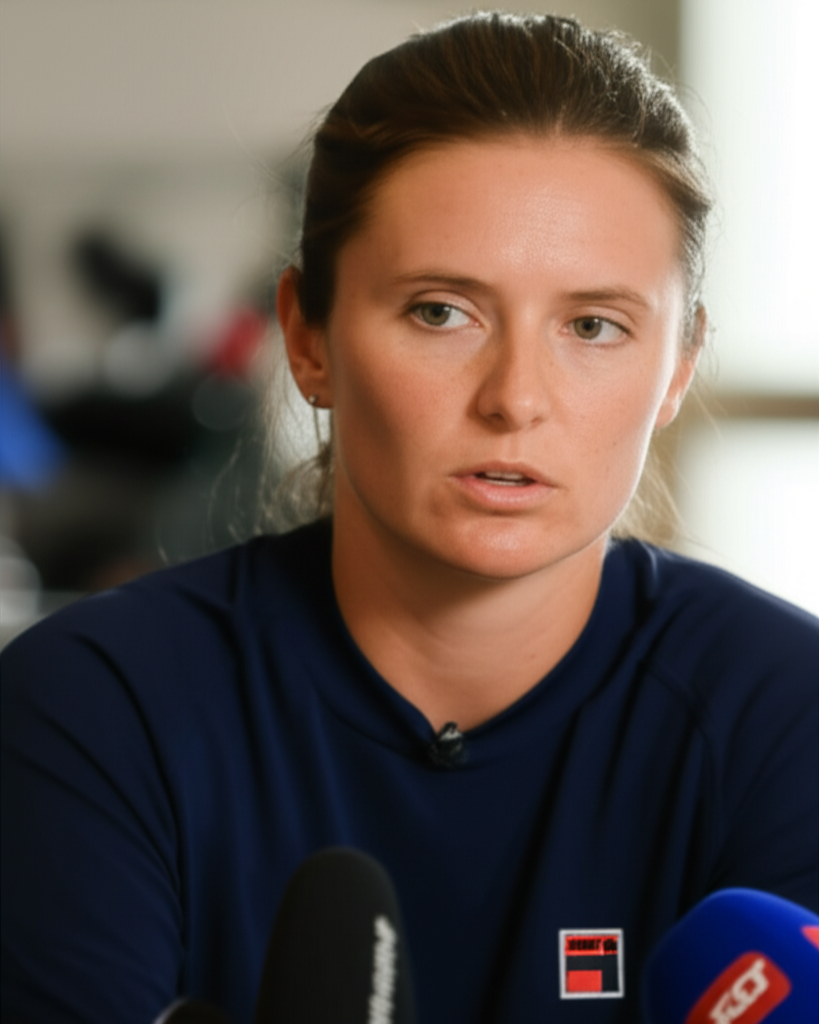
The Argument Against Player Complaints
While many players advocate for change, some within the tennis community have dismissed these complaints. Former tennis star Yevgeny Kafelnikov, for instance, sharply criticized Swiatek’s remarks, suggesting players “deserve to get paid a lot less” for complaining. This perspective often emphasizes that players have control over their schedules and are well-compensated for their efforts.
However, as many players and analysts point out, the pressure to maintain rankings, earn prize money, and fulfill sponsorship obligations often compels them to play more than they might ideally prefer. ATP President Andrea Gaudenzi has stated that “players choose their own schedules,” but also acknowledged the complexity and demands of the season.
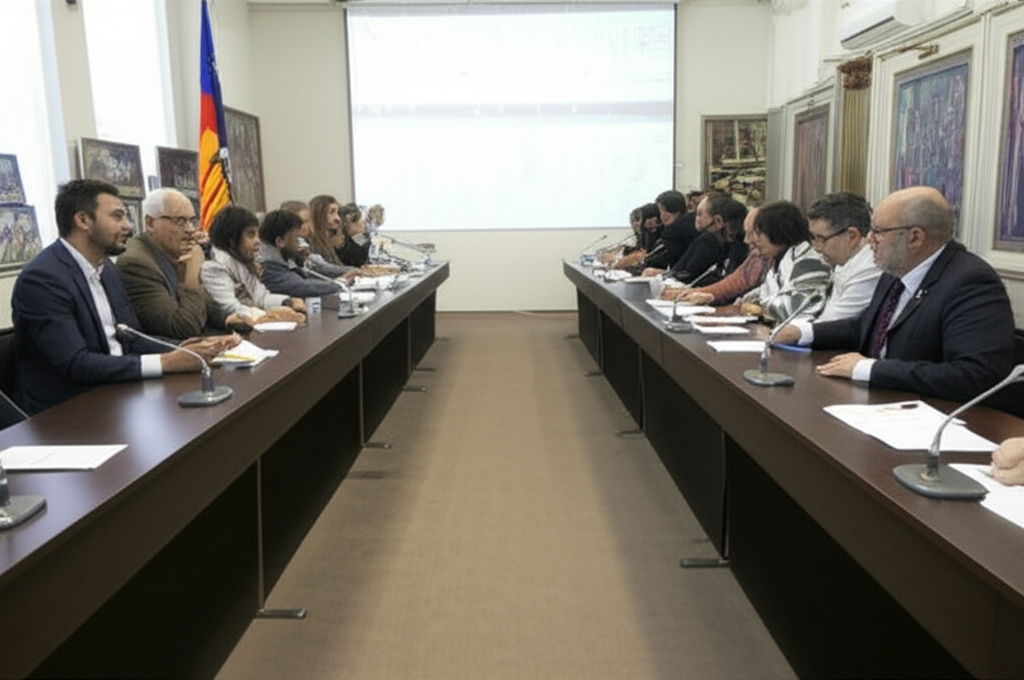
Calls for Change and Future Outlook
The debate over the tennis calendar is not new, and despite recurring complaints, significant changes have been slow to materialize. Players and former pros like Serena Williams’ ex-coach Rennae Stubbs have suggested solutions, such as ending the season after the last major in September to allow for a longer offseason.
WTA CEO Portia Archer has acknowledged the “demanding schedule” and expressed openness to “making adjustments in the future as may be appropriate.” However, coordinating across multiple governing bodies (ATP, WTA, ITF, Grand Slams) with differing priorities makes comprehensive reform challenging.
As Iga Swiatek and her peers continue to highlight the unsustainable nature of the current calendar, the pressure on tennis authorities to prioritize player health and long-term well-being over continuous competition is likely to intensify.





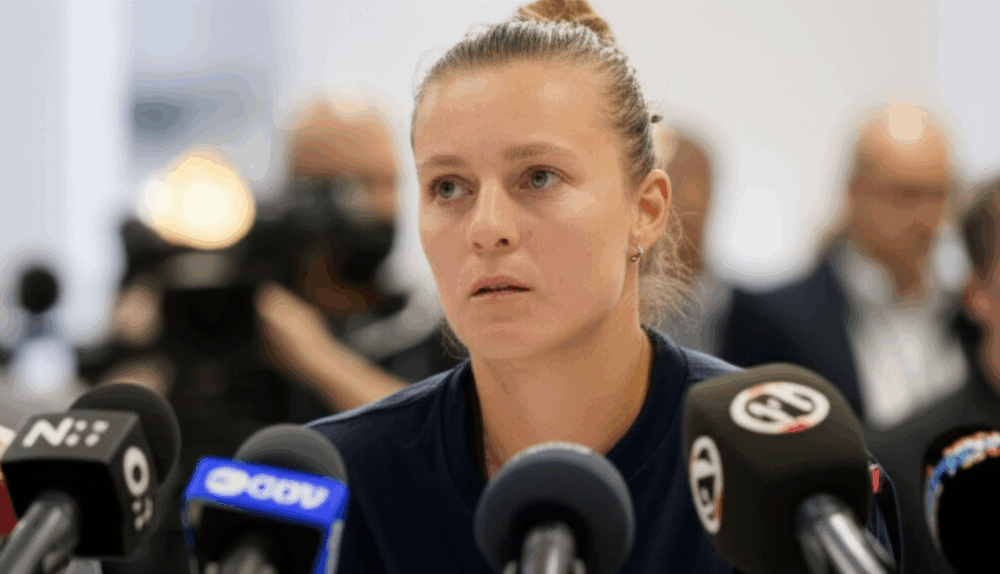


No Comment! Be the first one.